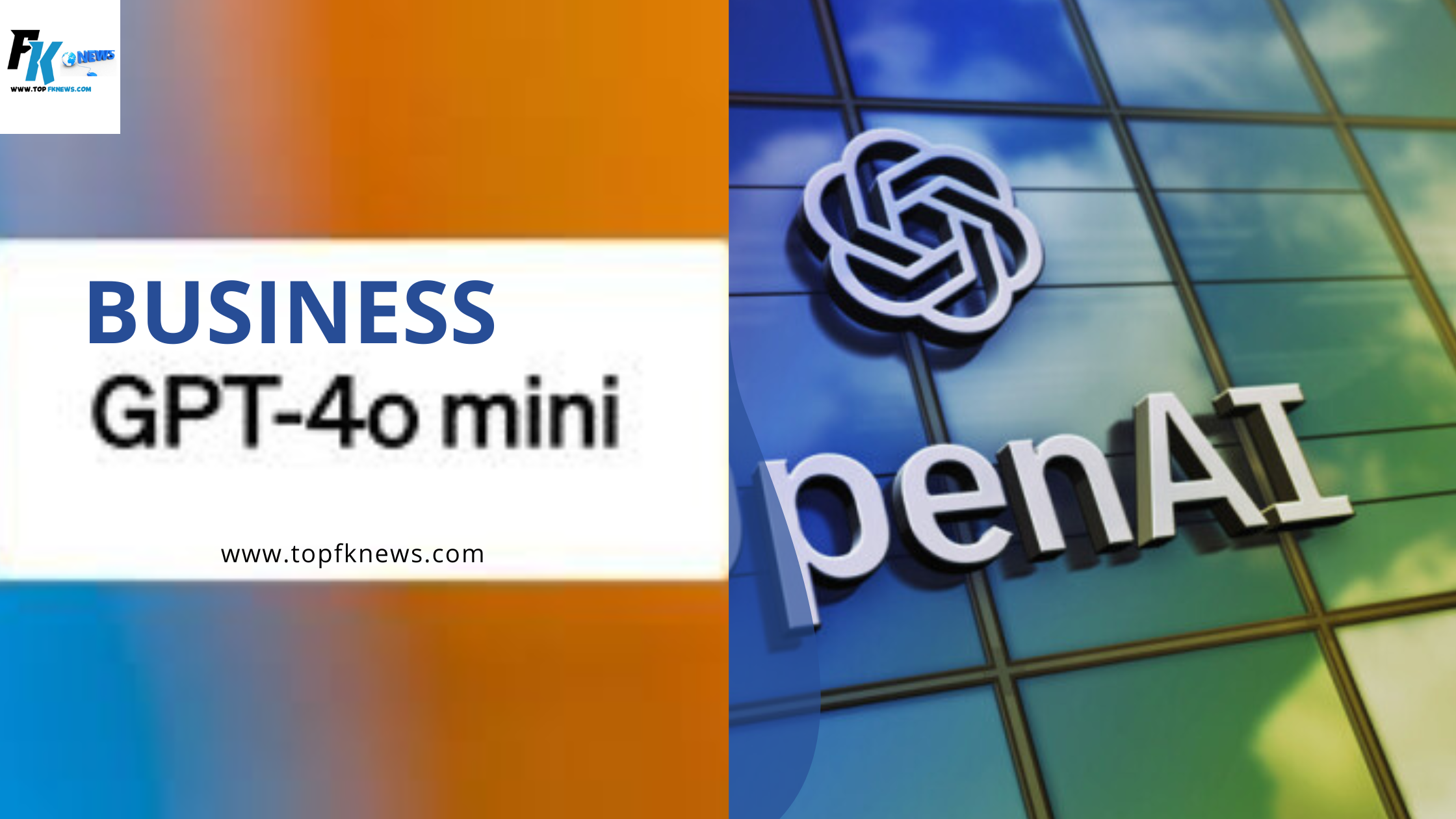OpenAI is introducing a new model called GPT-4o Mini, designed to be lighter and cheaper for developers to use. This model costs significantly less than the full-sized versions and offers better capabilities than GPT-3.5. High costs have previously made it difficult for some developers to experiment with OpenAI’s models, often leading them to choose more affordable alternatives like Google’s Gemini 1.5 Flash or Anthropic’s Claude 3 Haiku. With GPT-4o Mini, OpenAI aims to make AI more accessible and affordable, aligning with their mission to benefit a wider audience.
Olivier Godement, who heads the API platform product, mentioned that making AI more affordable is crucial for it to be widely beneficial across various industries and applications. Starting today, ChatGPT users on Free, Plus, and Team plans can use GPT-4o Mini instead of GPT-3.5 Turbo, with Enterprise users gaining access next week. While GPT-3.5 will no longer be an option for ChatGPT users, it will still be available for developers via the API until it is eventually retired.
The new lightweight GPT-4o Mini model from OpenAI will support both text and vision through the API and is expected to soon handle multimodal inputs and outputs, including video and audio. This could lead to more capable virtual assistants that understand and suggest travel itineraries, though the model is intended for simpler tasks and isn’t designed to replicate advanced assistants like Siri.
GPT-4o Mini scored 82% on the Measuring Massive Multitask Language Understanding (MMLU) benchmark, which consists of 16,000 multiple-choice questions across 57 academic subjects. In comparison, GPT-3.5 scored 70%, GPT-4o scored 88.7%, and Google’s Gemini Ultra holds the highest score at 90%. Competing models Claude 3 Haiku and Gemini 1.5 Flash scored 75.2% and 78.9%, respectively. However, researchers caution that differences in how companies administer these tests make it hard to compare scores accurately, and there’s a risk of AI models having seen the answers in their training data.
For developers seeking cost-effective AI tools, GPT-4o Mini offers a valuable option. Financial tech startup Ramp used it to create a tool for extracting expense data from receipts, allowing users to upload pictures instead of entering text manually. Superhuman, an email client, utilized the model for an auto-suggestion feature for email responses.
The aim is to offer a lightweight, affordable option for developers who couldn’t afford to use more expensive models like GPT-4. Previously, many developers chose models like Claude 3 Haiku or Gemini 1.5 Flash due to the high compute costs of running robust models.
OpenAI’s Olivier Godement explained that the delay in releasing a smaller model was due to prioritizing the development of larger, more advanced models like GPT-4, which required significant resources. As developers showed increasing interest in smaller models, OpenAI decided to invest in creating GPT-4o Mini. Godement believes it will be very popular among both existing and new applications that were previously priced out.
GPT-4o Mini is a new lightweight and cost-effective AI model from OpenAI that supports both text and vision through the API. It is expected to handle multimodal inputs and outputs, including video and audio, in the near future.
GPT-4o Mini is designed for simpler tasks and is not meant to replicate advanced virtual assistants like Siri. However, it can support virtual assistants that understand and suggest travel itineraries, among other functions.

